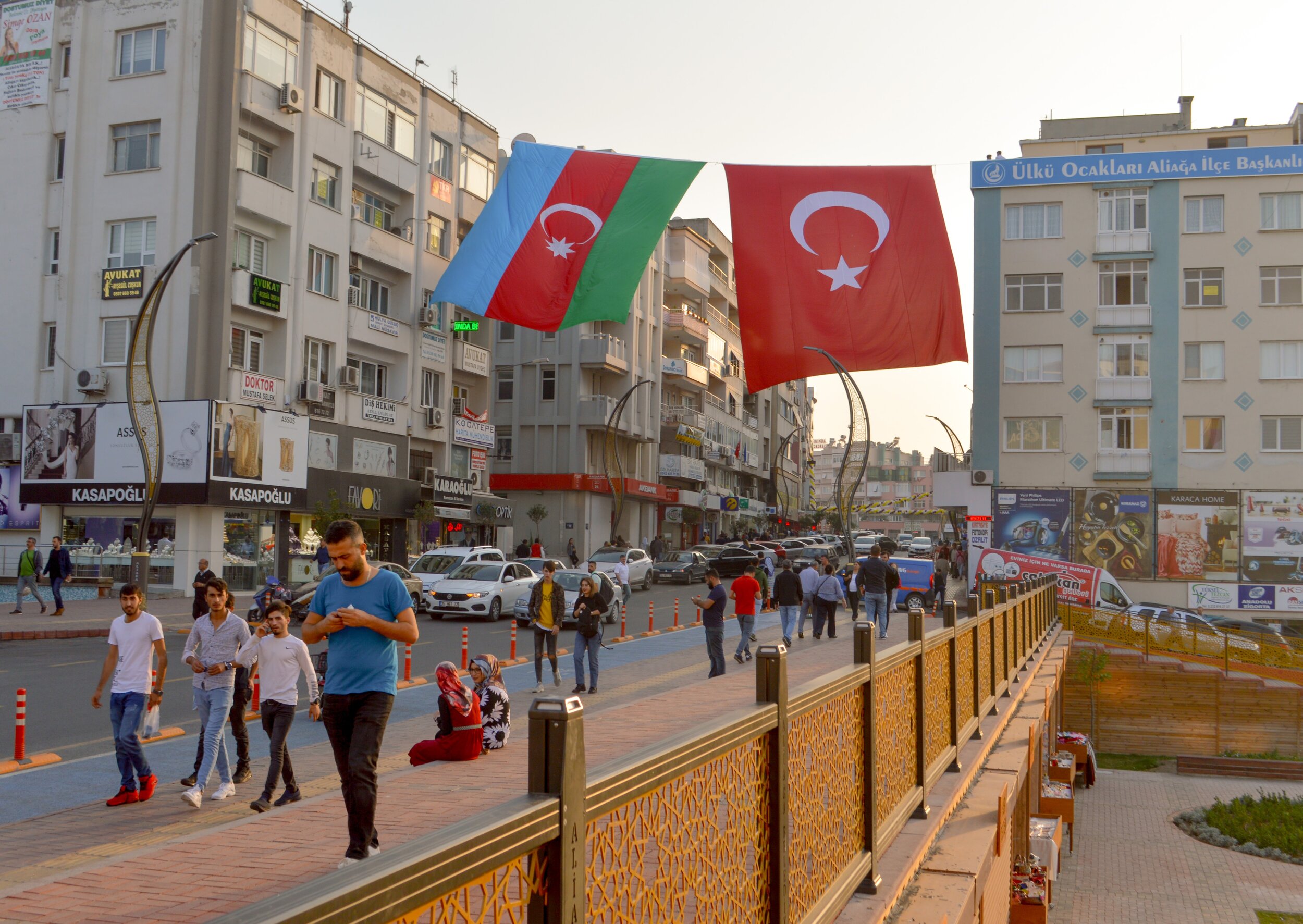With friends like these, who needs enemies?
A long road to recovery. Chaoyue Pan. CC BY-NC-ND 2.0.
Bashar Assad didn’t survive his country’s civil war alone. Only with the help of Russia was he able to resist rebel forces and reestablish his grip on Syria. Now, his grip on power seems unshakable, and the question has moved from who will win to how Syria will rebuild. This challenge, however, Assad might have to do alone.
It will be a mighty task. Every aspect of Syria’s economy suffered in the almost decade long civil war. Oil, the country’s primary export, is being produced at one-sixth its prewar level, and last year’s wheat crop was half the prewar average. 60% of businesses have closed either permanently or temporarily. What savings citizens had are losing value fast, for the Syrian currency lost 70% of its value against the dollar. The forthcoming peace is preferable to war but far from easy.
COVID-19 only adds to the country’s plight. The Assad regime has attempted to hide the extent of the devastation by blaming COVID-19 deaths on “pneumonia,” but the damage is clearly intense. Desperate for food and cash, many Syrians shirked lockdown measures. Other measures enforced in other countries are impossible to follow in a war zone. What little medical infrastructure existed has been swiftly overwhelmed.
The ruins of Aleppo. Ihh Insani Yardim. CC BY-NC-ND 2.0.
Syria’s allies and neighbors seem content to watch its slow death and profit where they can. Recently, Russian Foreign Minister Sergei Lavrov visited not to help with reconstruction efforts but to scope out energy and construction contracts. Russia knows it can depend on Syria’s loyalty because the Assad regime has nowhere else to turn. Turkish involvement in Syria, meanwhile, focused on supporting anti-Assad rebels along with limiting the influence of regional Kurds, an ethnic group with aspirations of a nation-state.
What’s left of Azaz. Christiaan Triebert. CC BY-NC 2.0.
The United States and Europe provide only humanitarian aid. The U.S. heaped sanctions on Assad’s government in an effort to force at least a semi-democratic settlement, but Assad drifts still further into authoritarianism. At one point, President Donald Trump entertained assassinating the Syrian leader after his use of chemical weapons in 2018. “I would have rather taken him out. I had him all set. Mattis didn’t want to do it,” Trump said, referring to former Secretary of Defense James Mattis. To switch from a desire for assassination to a respectful negotiation would be a stark, and unlikely, change.
Rather than give aid, Russia seems content to exploit Syria’s weaknesses. As always, the decisions of Syria’s leaders and allies will mainly affect Syrian citizens. The Assad regime’s finances have been bled so dry that it is rumored that customs officers and generals impound trucks and confiscate goods just to charge hefty bribes for their return.
The plight of Syrian mercenaries illustrates just how dire life the situation has become. Years of fighting created a generation of young men whose only marketable skill is waging war. With no fighting left to be done at home and hungry families to feed, these men have enlisted as mercenary soldiers for Turkey and Russia. Once on the fringe of Syrian life, brick and mortar offices now house recruiters who advertise on WhatsApp, often lying about the safety of certain deployments. Families have more or less accepted fighting as a necessary means to make a living. In the current economy, there are no other options.
Nowhere left to run. a.anis. CC BY-ND 2.0.
What these fighters make can hardly be called a living. A soldier earns the equivalent of $1 a day, most of which has to be sent home to their family. Syrian mercenaries were deployed in 2019 to fight the conflict in Libya, and just recently, they were deployed to fight for Azerbaijan against Armenia in the disputed Nagorno-Karabakh territory. Russia and Turkey have made pawns out of Syria’s most desperate citizens to support their foreign policy expansions. As one Syrian businessman loyal to Assad observed, “Our saviors have become vultures.”
Syria’s isolation will only intensify in the near future. The Netherlands recently announced that it is preparing a case for the International Criminal Court at The Hague for “gross human rights violations and torture in particular.” Russia repeatedly blocked efforts from the U.N. Security Council to refer such a case, but the Netherlands has bypassed the U.N. altogether. It is yet another thrust from the international community to move Assad in a more democratic direction., For the time being, however, Assad refuses to budge and the plight of Syrians is likely to continue.
Michael McCarthy
Michael is an undergraduate student at Haverford College, dodging the pandemic by taking a gap year. He writes in a variety of genres, and his time in high school debate renders political writing an inevitable fascination. Writing at Catalyst and the Bi-Co News, a student-run newspaper, provides an outlet for this passion. In the future, he intends to keep writing in mediums both informative and creative.























